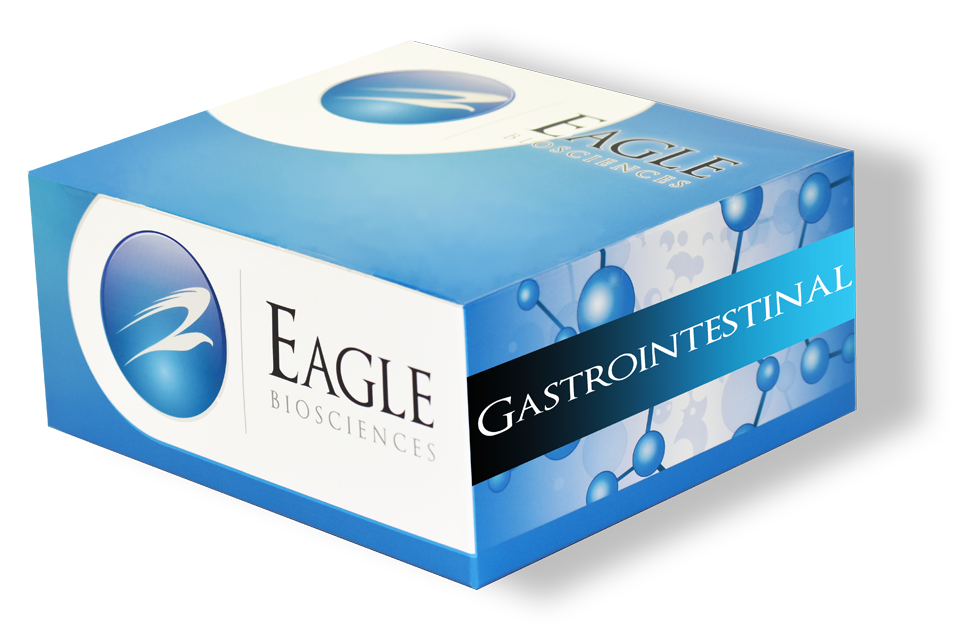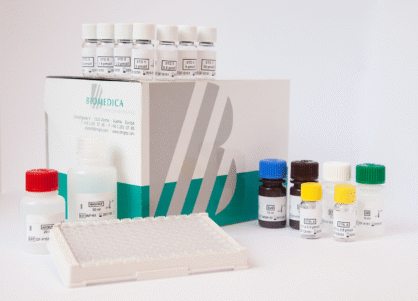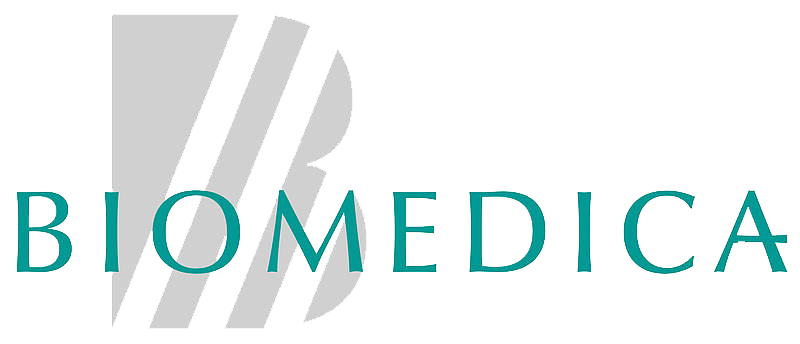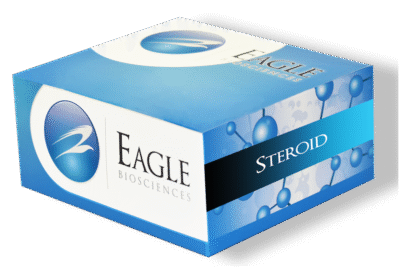Fecal E. coli 0157 ELISA Kit
Escherichia coli O157:H7 (E. coli O157:H7) is a pathogenic strain of E. coli that produces Shiga toxins, making it a significant biomarker in both clinical diagnostics and food safety research. While most E. coli strains are benign and form part of the natural gut flora, E. coli O157:H7 has acquired virulence factors—via plasmids, transposons, and phage-mediated genetic transfer—that contribute to its pathogenicity. These features allow it to colonize the gastrointestinal tract and cause severe diarrheal illness in humans.
In clinical and research settings, fecal detection of E. coli O157:H7 is critical for early diagnosis, outbreak tracking, and treatment monitoring. The pathogen is most commonly transmitted through contaminated bovine-derived food products or produce exposed to bovine waste. Because it is stable in the environment, surveillance of fecal specimens using assays like ELISA or PCR targeting E. coli O157 antigens or toxins helps mitigate outbreaks.
Given its role in severe illnesses, including hemolytic uremic syndrome (HUS), fecal testing for E. coli O157 is particularly valuable for identifying at-risk populations such as children and the elderly. The biomarker remains an essential tool in public health initiatives to prevent, contain, and understand the epidemiology of Shiga toxin-producing E. coli infections.
This Fecal E. coli 0157 ELISA Kit is manufactured in USA by Eagle Biosciences.




